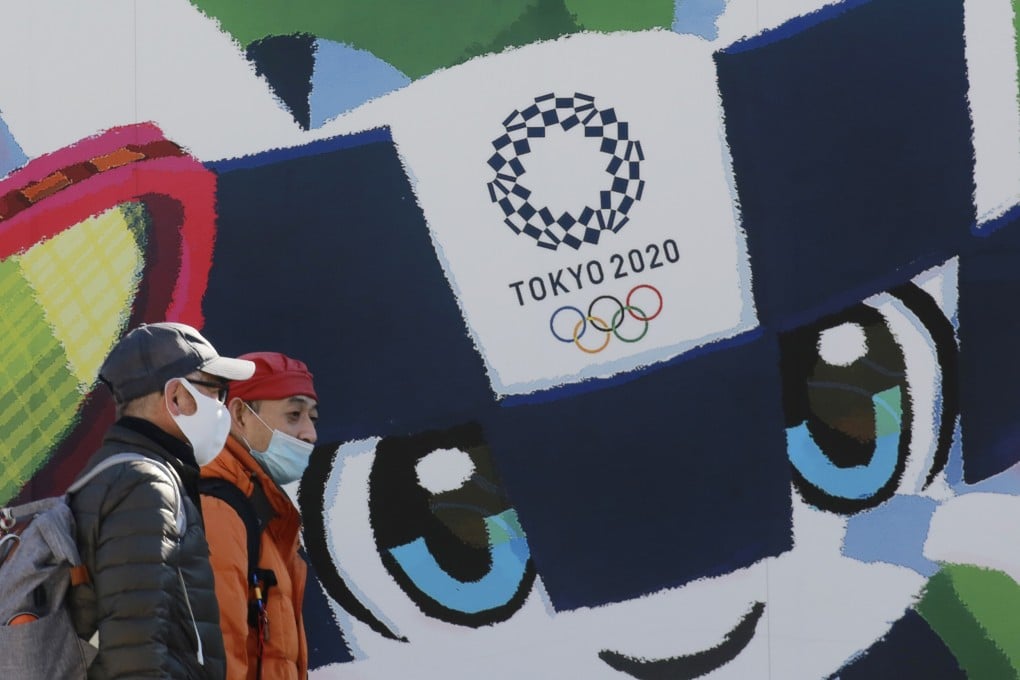Why is Suga so insistent on the Tokyo Olympics? It’s partly the threat of losing face to China
- Analysts say the prime minister is keenly aware that if Japan postpones or cancels the event, Beijing is set to host the first post-pandemic Games with the 2022 Winter Olympics
- Conservatives will see this as a ‘humiliation’, they say, with Suga’s position and political legacy on the line over the issue as well as his handling of Covid-19

Both tasks appear to be monumental in scale, and Suga has a lot riding on meeting those promises. If he gets them right, he becomes the leader who pulled off the improbable. Get them wrong, however, and an administration that is already faltering in the polls – with a support rate already below 40 per cent, just four months after he took office – and his political fate will be sealed.
But there is also a sense that this is personal to the prime minister on several levels, analysts say.
“The government is insisting that the Games will go ahead, and that is partly because so much money, energy and political capital have been invested into the event, but it’s also a matter of face,” said Jeff Kingston, director of Asian studies at the Tokyo campus of Temple University.
“Suga is not a person who is prone to self-reflection, doubt or reconsidering a course of action, and he remains committed to full speed ahead on the Olympics for a lot of reasons,” he said, including the loss of face that would be associated with the Tokyo event being postponed again or cancelled before the February 2022 Winter Olympics is held – in Beijing.

03:33
What’s going on with the rescheduled 2020 Summer Olympic Games in Tokyo?
Koichi Nakano, a professor of politics at Tokyo’s Sophia University, agreed that while little was being said concerning China’s Olympics, “it is certainly going to be in the backs of the minds of conservatives”.